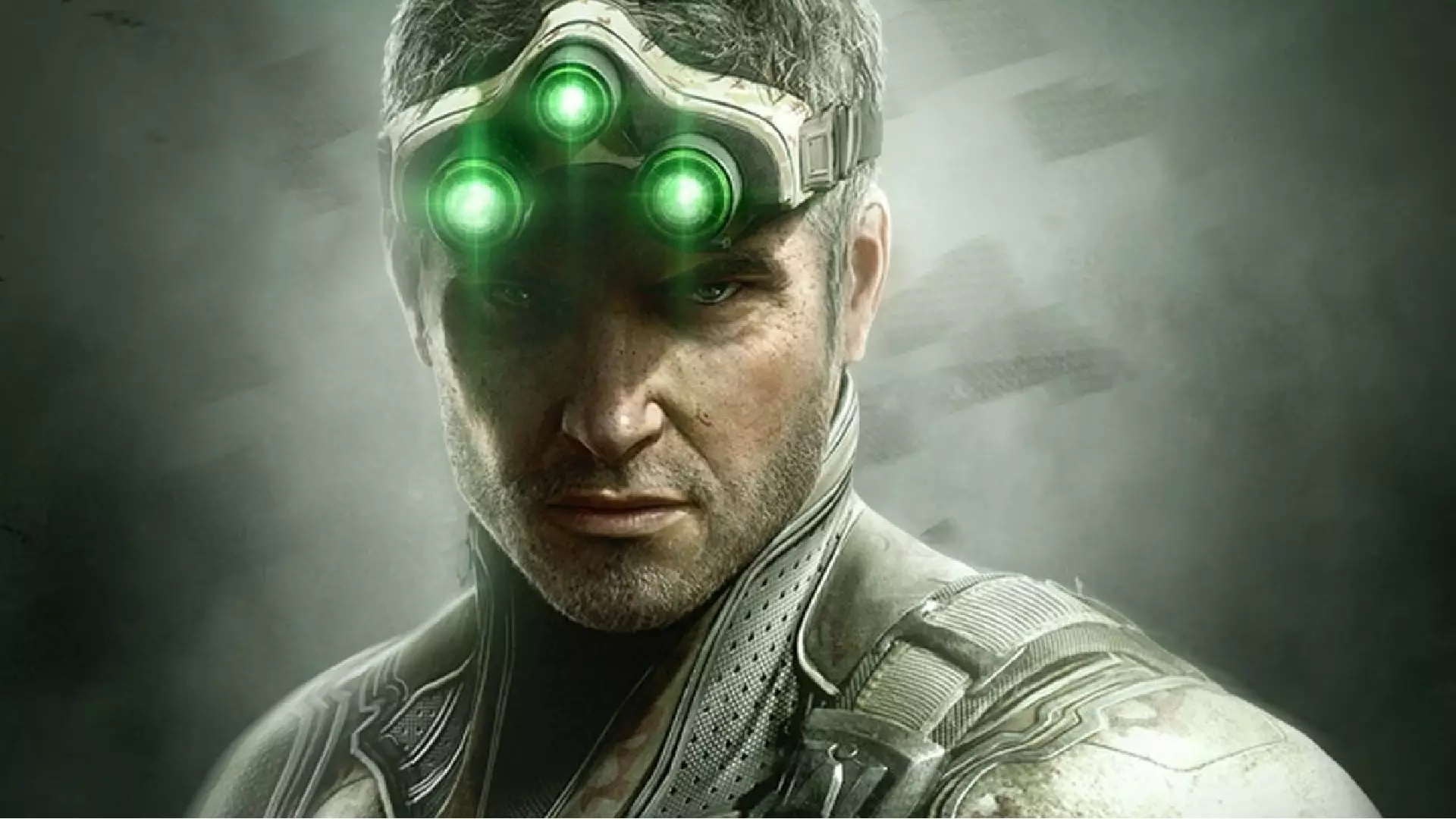In the realm of video game development, the story of Clint Hocking’s intense experience during the making of Splinter Cell: Chaos Theory serves as a pivotal lesson on the dangers of crunch culture. As the creative director, Hocking found himself immersed in a whirlwind of responsibilities that spanned scriptwriting, level design, and overall creative direction—all squeezed into a razor-thin two-year development window. With a staggering 80-hour workweek on his plate, the mental toll he endured resulted in severe consequences, including memory loss and a metaphorical brain fog. His candid admission of transforming into “a person doing three jobs at the same time” illustrates the perilous blend of passion and overcommitment that many creatives face in this fiercely competitive industry.
Lessons Learned: A Defensive Against Burnout
Fortunately, Hocking has learned an invaluable lesson from that experience, articulating a commitment never to replicate such grueling conditions in future projects. His evolution as a leader is noteworthy—by strategically opting to focus solely on the creative direction for the upcoming Assassin’s Creed: Codename Hexe, he is ensuring better balance in his professional life. Surrounding himself with skilled collaborators allows him to delegate equally demanding tasks, thereby heralding a healthier work environment. Hocking’s shift from a multitasking powerhouse to focused dedication stands as a model for contemporary creatives seeking to thrive without sacrificing their well-being.
A Cultural Shift in Game Development
His introspective revelations highlight a broader cultural change within the gaming industry—developers and creatives increasingly voice their discontent over unsustainable work practices. The dialogue surrounding crunch has transformed over the last two decades, with more professionals stepping forward to advocate for sanity and balance in the workplace. Hocking’s newfound perspective echoes the sentiments of many others striving to cultivate a healthier industry; a cultural shift that champions quality of life over mere output quantity. It is evident that such discussions are pivotal in fostering environments where genuine innovative creativity can flourish without undue stress.
The Future: Anticipation and Innovation
As we look ahead to Assassin’s Creed: Codename Hexe, anticipation brews among fans and industry veterans alike. Although details about the game remain scarce, Hocking’s impressive track record—including the acclaimed Far Cry 2—fuels hope that Hexe will embody the quality and depth that players yearn for. Meanwhile, both the forthcoming game and the long-anticipated Splinter Cell remake linger in a state of suspense. The excitement surrounding these projects isn’t just about gameplay; it’s also rooted in the newfound sustainable practices that Hocking espouses in this new chapter of his career.
In a landscape where talent is often at risk of being overshadowed by the pursuit of perfection, Clint Hocking’s journey is not only a testament to resilience but a beacon guiding the industry toward responsible creativity. His commitment to well-being and collaboration exemplifies how passion for art can coexist harmoniously with personal health, paving the way for a more sustainable future in game development.

